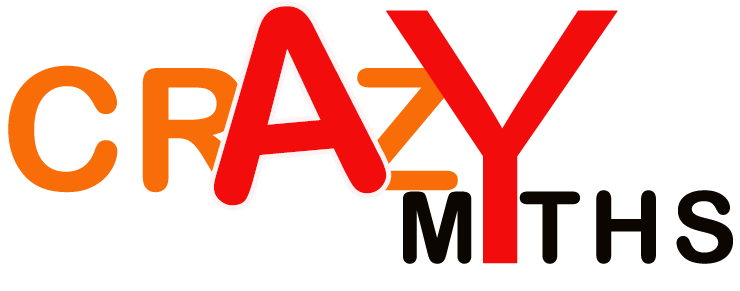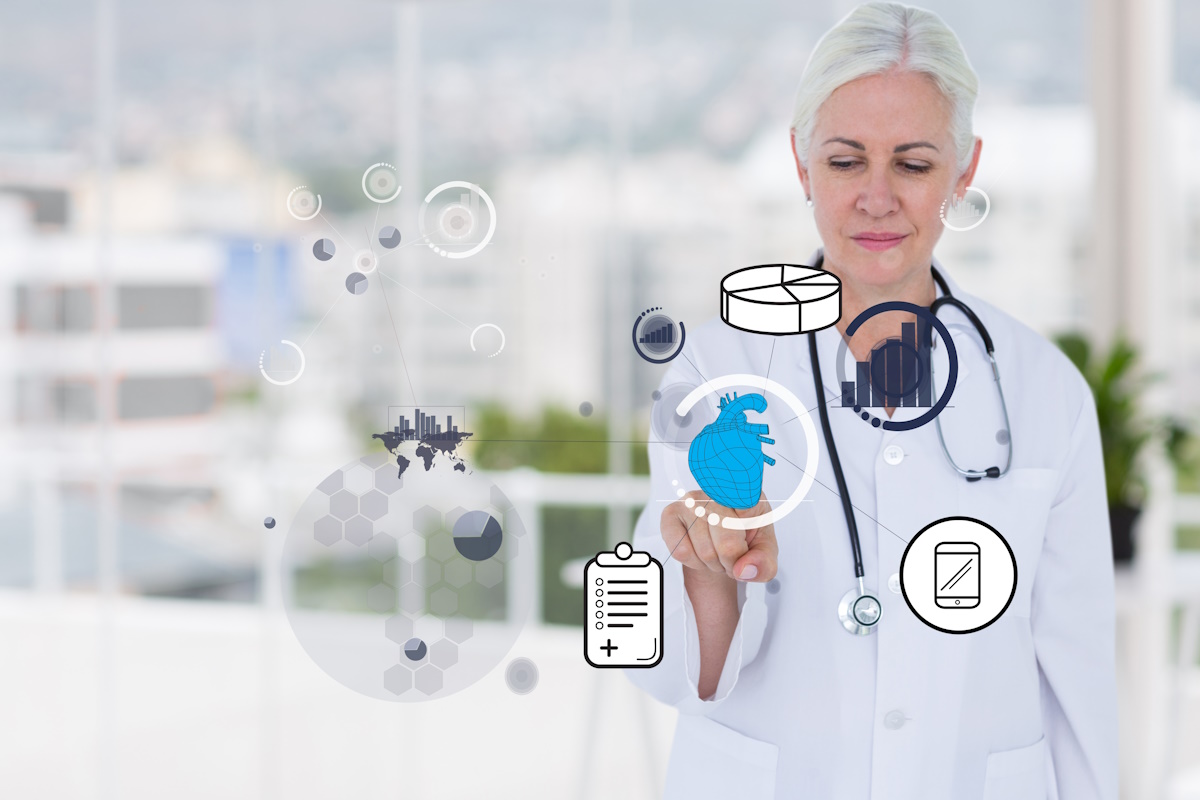In our evolving world, the need for transformation in healthcare management is more crucial than ever. The use of Customer Relationship Management (CRM) in healthcare has emerged as a significant tool in this transformation, facilitating enhanced patient care and improved health outcomes. CRM’s impact extends from streamlining administrative processes to personalizing patient experiences, thus redefining the approach to healthcare. The following sections will delve into the concept and potential of CRM in healthcare, its role in health monitoring, the challenges faced in its adoption, and a glimpse into the future of healthcare where CRM plays an instrumental role.
The Concept of CRM in Healthcare
CRM, or Customer Relationship Management, in healthcare is an integrative system designed to improve the quality of patient interactions, enhance service delivery, and streamline processes. It achieves this by centralizing patient information, enabling seamless communication among healthcare professionals, and offering personalized care. As a result, healthcare providers can make informed decisions, improve patient satisfaction, and ultimately, enhance health outcomes. The system’s ability to analyze patient data also allows for predictive healthcare, which could lead to the prevention of serious health issues down the line. CRM in healthcare is thus an avenue for improving both patient care and operational efficiency within a healthcare organization.
The Potential of CRM for Enhancing Patient Care
CRM in healthcare holds immense potential for enhancing patient care. It aids in creating a patient-centric approach where individual needs and preferences are prioritized. By consolidating patient information in one place, healthcare providers can get a holistic view of the patient’s medical history, allowing for accurate diagnosis and effective treatment. Furthermore, CRM facilitates timely and effective communication between patients and healthcare providers, leading to better patient engagement. The potential of CRM in healthcare is not just about improving healthcare service but also about empowering patients, making them active participants in their health journey.
The Role of CRM in Health Monitoring
CRM plays a pivotal role in health monitoring, providing a comprehensive platform for tracking patient health parameters and enabling proactive healthcare. Some of the key areas where CRM aids in health monitoring include:
- Preventive Care: By capturing crucial health data, CRM systems can help predict potential health risks and enable preventive care. Timely interventions can then be designed to prevent the progression of diseases.
- Chronic Disease Management: CRM aids in the management of chronic diseases by tracking patient health data over time, allowing for modifications in treatment plans based on the patient’s progress and response to treatment.
- Post-treatment Follow-ups: CRM systems streamline the process of post-treatment follow-ups, ensuring that patients adhere to prescribed medications and treatments, and facilitating early detection of any complications or side effects.
- Telemedicine: With the advent of telemedicine, CRM systems play a critical role in facilitating remote patient monitoring, enabling healthcare providers to track health parameters of patients situated in distant locations.
Through these functions, CRM brings a new level of efficiency and accuracy to health monitoring, making it an indispensable tool in modern healthcare.
Navigating the Challenges of CRM Adoption in Healthcare
While CRM systems are beneficial for healthcare providers, their adoption is not without challenges. These can range from technical difficulties to cultural resistance among staff. It’s crucial to recognize and navigate these challenges effectively to ensure that the CRM system is utilized to its full potential:
- Integration with Existing Systems: One of the primary challenges is integrating the CRM system with existing healthcare Information Technology (IT) infrastructure. This may require customization of the CRM platform to ensure compatibility and seamless data exchange.
- Data Security and Privacy: As with any technology, data security and privacy are major concerns in healthcare CRM systems. It’s crucial to implement robust security protocols and comply with regulations such as the Health Insurance Portability and Accountability Act (HIPAA) to protect sensitive patient information.
- Staff Training and Adoption: Healthcare staff may encounter difficulties in adapting to a new system, especially if they are not tech-savvy. It’s essential to provide thorough training and support to ensure that they can effectively use the CRM system.
- Cultural Resistance: Healthcare organizations have unique cultures, and implementing a new system can disrupt established workflows and processes. To overcome this challenge, it’s crucial to involve staff in the decision-making process and demonstrate the benefits of the CRM system.
- Resistance from Patients: Patients may also resist the use of CRM systems, particularly when it comes to sharing personal information or receiving communications through digital channels. Healthcare providers must address privacy concerns and communicate the benefits of using a CRM system to build trust with patients.
The Future of Healthcare: CRM and Beyond
Looking ahead, the integration of CRM systems in the healthcare industry promises to revolutionize patient care and hospital administration. Here’s a glimpse into what the future might hold:
- Personalized Care: CRM systems will facilitate more personalized patient care by storing and analyzing individual patient data. This can lead to more accurate diagnoses, targeted treatment plans, and improved patient outcomes.
- Real-Time Data Access: With CRM systems, healthcare providers will have real-time access to patient data, enabling swift decision-making. This can be crucial in emergency situations, where every second counts.
- Streamlined Operations: CRM systems can streamline hospital operations by automating administrative tasks. This can reduce operational costs, increase efficiency, and free up staff to focus more on patient care.
- Improved Communication: CRM systems can improve communication between healthcare providers and patients. Whether it’s scheduling appointments, sending reminders, or sharing lab results, all communication can be managed centrally.
- Data-Driven Decisions: With the vast amount of data collected by CRM systems, healthcare providers can make more informed, data-driven decisions. This can improve patient care, optimize hospital operations, and even influence healthcare policy.
- Patient Empowerment: CRM systems can empower patients by giving them access to their personal health information. This transparency can lead to increased patient engagement, improved health literacy, and better health outcomes.
By embracing CRM systems and the benefits they offer, the healthcare industry can create a more patient-centric approach that improves both patient care and hospital efficiency.
Conclusion
In conclusion, the implementation of CRM for healthcare is more than just a trend; it’s a game-changer for the industry. By leveraging the power of CRM systems, healthcare providers can transform the way they deliver care, leading to improved patient outcomes, increased operational efficiency, and enhanced communication. With the potential to revolutionize every aspect of healthcare services, from patient interaction to data-driven decision making, CRM for healthcare truly stands at the forefront of healthcare innovation. Ultimately, it provides a win-win situation, where both patients and healthcare providers benefit from a more streamlined, efficient, and patient-centric approach.

